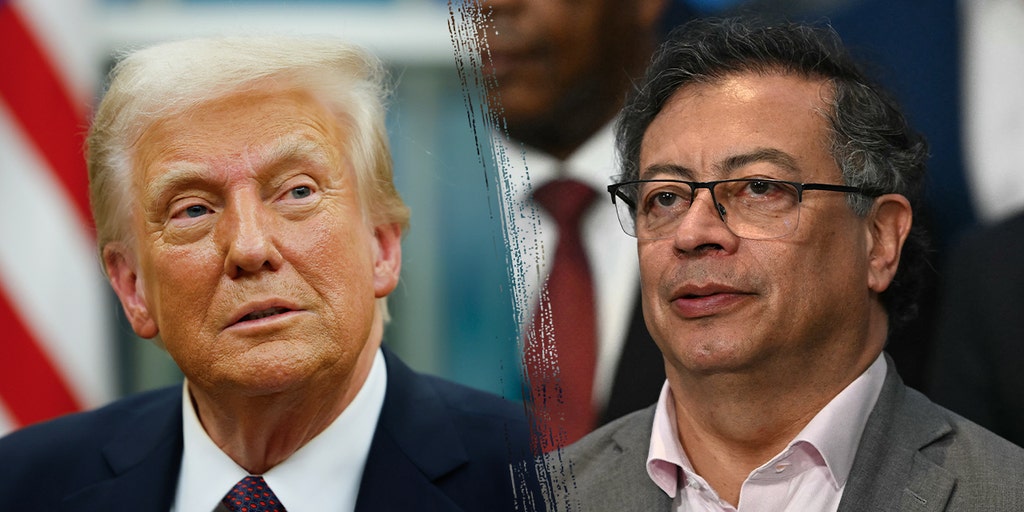Diplomatic Pressure: Colombian President Yields to Trump's Deportation Strategy

In a surprising diplomatic twist, Colombian President Gustavo Petro found himself navigating tense negotiations with the United States after initially resisting deportation flights. After facing pressure from President Donald Trump, Petro has now taken a conciliatory approach by offering his presidential aircraft to facilitate the deportation process.
The unexpected gesture marks a significant shift in the president's stance, demonstrating a willingness to collaborate and find a diplomatic resolution to the ongoing immigration challenges. By volunteering his official presidential plane, Petro appears to be extending an olive branch and seeking to maintain positive relations with U.S. authorities.
This development highlights the complex dynamics of international diplomacy and the delicate balance of immigration policies between nations. Petro's decision to support the deportation efforts suggests a pragmatic approach to resolving potential conflicts and maintaining constructive dialogue with the United States.

